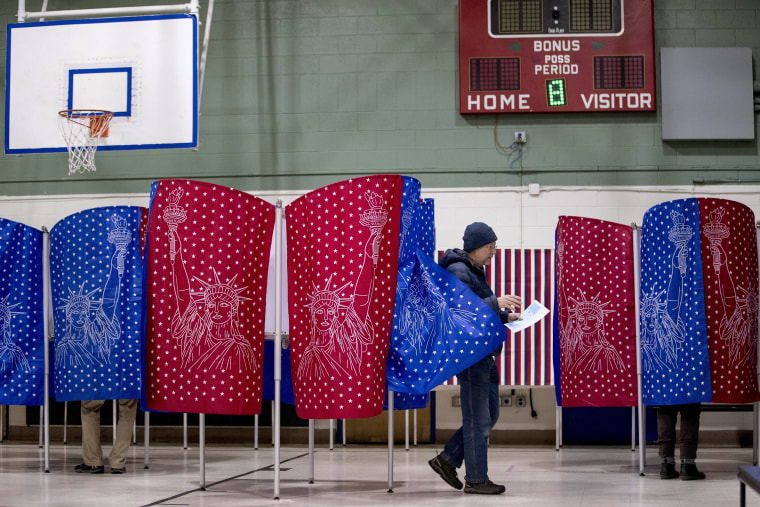It's not yet clear why so many polls painted a misleading picture this election season. The industry leaders will no doubt spend the next several months scrutinizing the problem from every possible direction, just as they did after a similar miss in 2016, and try to make adjustments ahead of the next cycle.
But there's no denying the fact that as Election Day 2020 comes and goes, pollsters confront the most significant credibility problem the industry has ever had. For the foreseeable future, every time a new poll is released, a significant percentage of the political world will pause and say, "Yeah, but...."
I won't pretend to have the expertise necessary to diagnosis the problem and prescribe a remedy. For that matter, it's possible there is no realistic solution, and polling data will simply be taken with grains of salt going forward.
But there was something The Atlantic's David A. Graham wrote yesterday that struck me as especially notable.
Much of American democracy depends on being able to understand what our fellow citizens think.... Public-opinion polling was one of the last ways we had to understand what other Americans actually believe. If polling doesn't work, then we are flying blind.
When pollsters get an election cycle wrong, there are consequences, but they're limited. Voters are annoyed and surprised, and partisans come to terms with wrong decisions they based on misleading data and models, but the electoral results carry the day and the world moves on.
But polling data isn't just relevant before ballots are cast. People in positions of authority use survey data to guide decisions all the time, when setting priorities, shaping proposals, and thinking about what they can and cannot get away with politically.
It's against this backdrop that the relevance of political activism appears poised to grow. It's easy to imagine elected officials starting to look askance at polls and seeking out new ways to gauge public attitudes, which in turn may further empower Americans who organize to have their voices heard.
In 2017, for example, when Republicans set out to destroy the Affordable Care Act, they didn't just see brutal polling shifts; they were also inundated with a public outcry. Congressional offices were flooded with calls, letters, and citizens demanding to be heard. Protests were organized. Town-hall meetings were boisterous and well attended. Many GOP officials ignored the tumult, but not all, and the backlash contributed to the initiative's failure.
Officials didn't need representative samples to tell them what the public was thinking; the public was only too pleased to let officials know exactly what was on their mind.
If the importance of polling fades, how prepared are engaged Americans to fill the vacuum?
